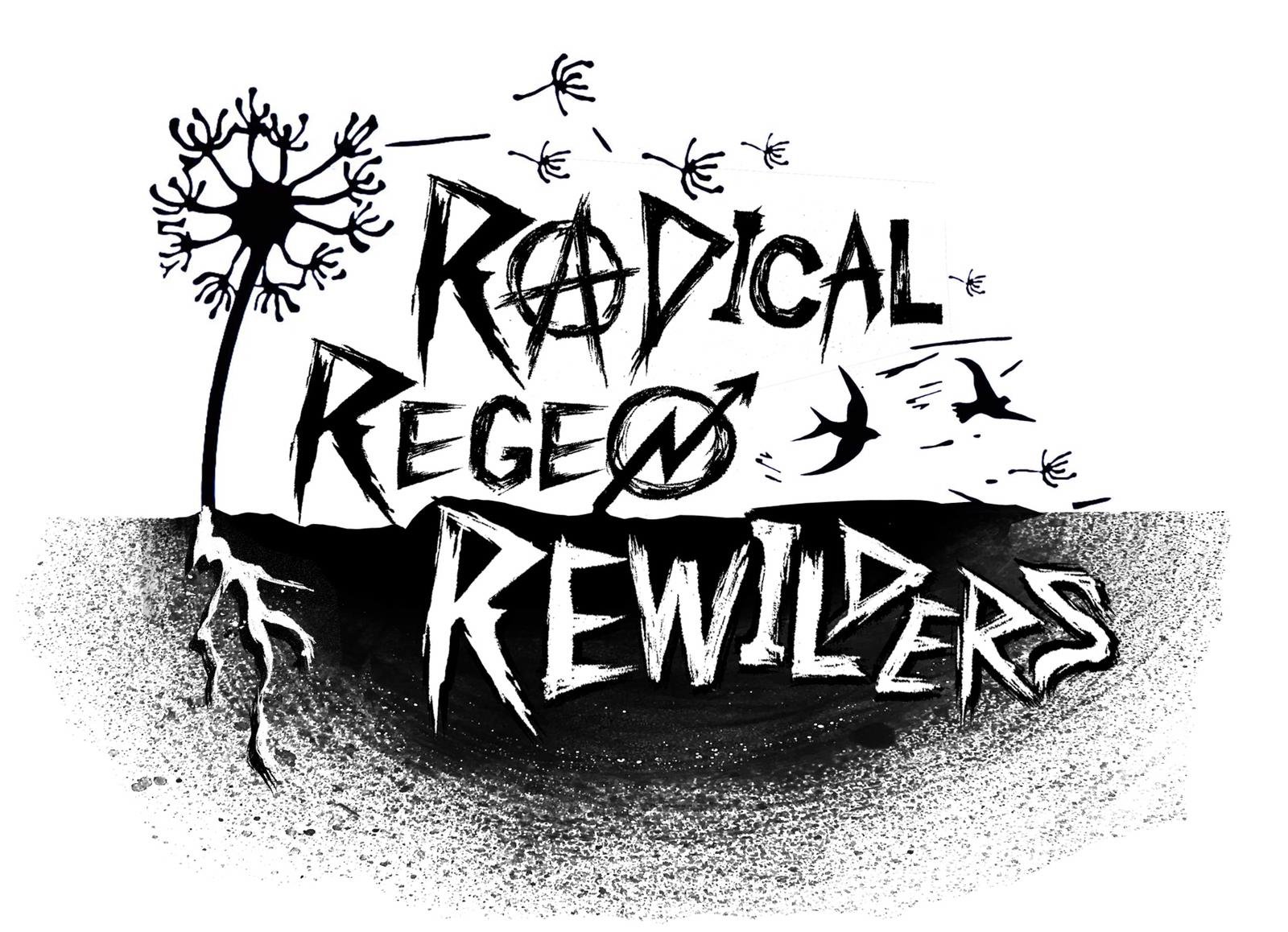Conflict Resolution
This policy is currently being developed, and will be open for consultation - here are some thoughts taken from Reinventing Organisations & the new Teal consciousness.
This should be read in conjunction with:
The topic of Conflict Resolution includes how conflicts are dealt with and by whom. In particular we discuss the types of processes used, factors that reduce conflict avoidance and structures that prevent conflict.
Relationships and conflict
It's impossible to change other people. We can only change ourselves.
Every person has life lessons they are meant to learn by themselves. What we can do is be there to support each other in that process of personal change.
We take ownership for our thoughts, beliefs, words and actions.
We don't spread rumours. We don't talk behind someone's back.
We resolve disagreements one-on-one and don't drag other people into the problem.
We don't blame problems on others. When we feel like blaming, we take it as an invitation to reflect on how we might be part of the problem (and the solution).
How conflicts are addressed
In a conventional workplace, people often raise a dispute with a boss to settle the matter. In self-managing organizations, disagreements are resolved among peers, often using a conflict resolution process. Peers hold each other to account for their mutual commitments and responsibilities. Holding colleagues accountable in this way can feel uncomfortable and Teal organisations sometimes offer support and practices that encourage openness and emotional intelligence to emerge. Broadly there are three types of practices that Teal organizations put in place to help deal with conflicts.
First, methods are developed to help people bring tensions to the surface.
Second, clearly defined conflict resolution processes are available to help people safely confront each other when needed.
Third, most self-managing organizations train every new recruit in conflict resolution and interpersonal skills.
Bringing tensions to the surface
It can be hard for someone to stand up to a colleague and say, “We need to talk.”. Processes used by some organizations include regularly scheduled group meetings, company retreats, purpose circles and values days. Surfacing becomes a way of helping others to view conflict as normal, creative and a way of learning about diversity and difference. These practices enable others to share their vulnerabilities, see creating safe spaces.
Here are some examples:
At ESBZ, a school in Berlin, every class gets together at a fixed time each week to discuss and deal with tensions in the group. The meeting is facilitated by a student, who supports a number of ground rules that keep the discussion safe.
At Heiligenfeld, once a year, colleagues in every team rate the quality of their interaction with other teams. The result is a company-wide “heat map” that reveals which teams should have a conversation to improve their collaboration.
RHD holds a bi-monthly “-isms in the workplace" meeting. Anyone feeling that the organization should pay attention to a specific form or occurrence of racism, sexism, or any other “-ism” can join the meeting.
Conflict resolution processes
In self-managing organisations, having a clear and well understood conflict resolution process helps people raise issues. Typical conflict resolution mechanisms include: one-on-one discussion, mediation by a peer and mediation by a panel. Some organizations also use team or individual coaching to work through an upset.
For example, :
In the first phase, the two people sit together and try to sort it out privately.
If they can’t find a solution agreeable to both, they nominate a colleague they both trust to act as a mediator. The mediator doesn’t impose a decision. Rather he or she supports the participants in coming to their own solution.
If mediation fails, a panel of topic-relevant colleagues is convened. Again the panel does not impose a solution.
If resolution is not found, the founder or president might be called into the panel to add to the panel’s moral weight (but again, not to impose a solution).
Training in Interpersonal skills
Because effective conflict resolution skills are so central in self-managing organizations, many organizations train all their colleagues in interpersonal skills to enable them to deal gracefully with conflict. Generally in their first weeks at work, new hires are given foundational training including: self-management, deep listening, dealing constructively with conflict and creating a safe environment. For instance, companies like ESBZ and Buurtzorg train colleagues in Nonviolent Communication developed by Marshal Rosenberg
